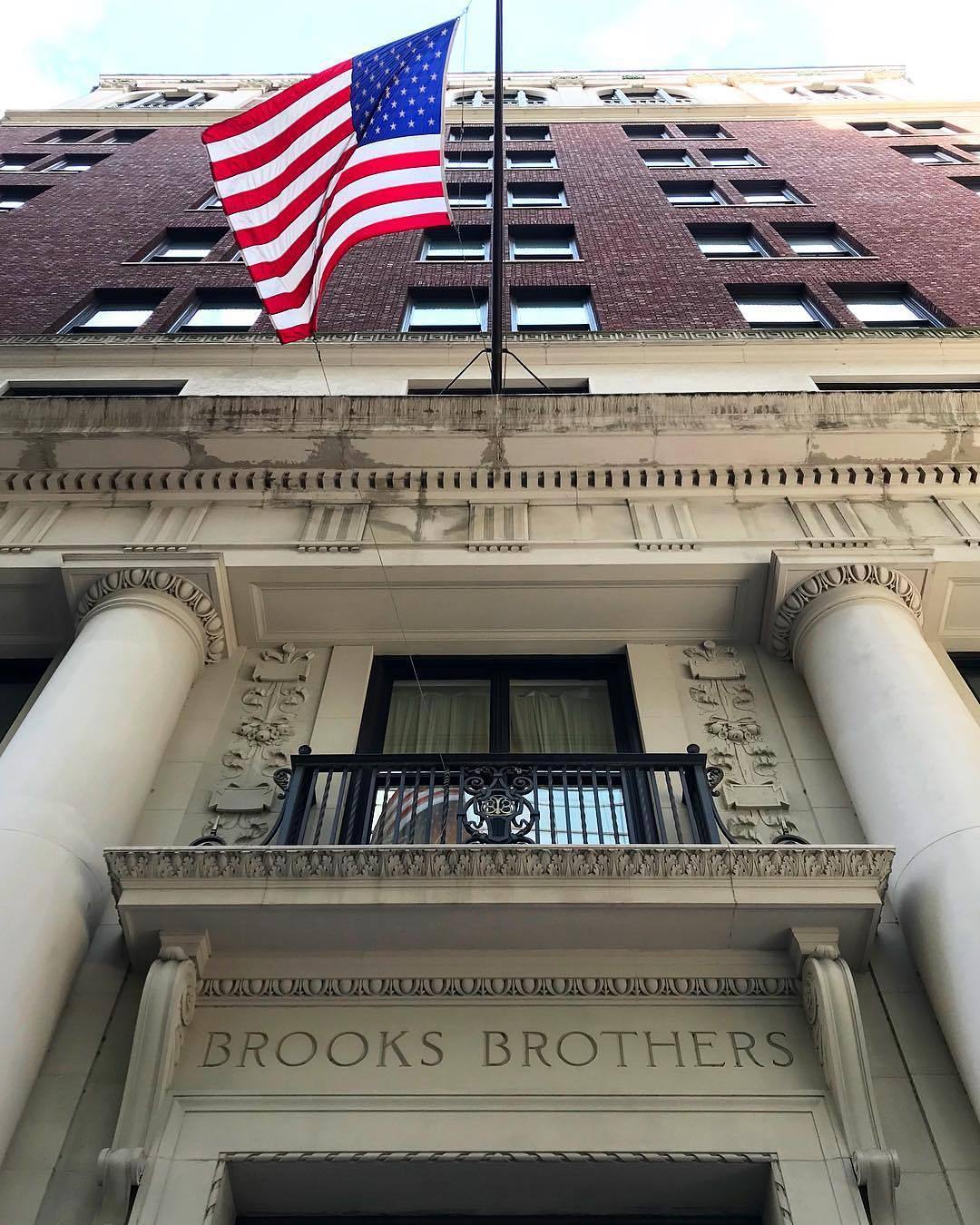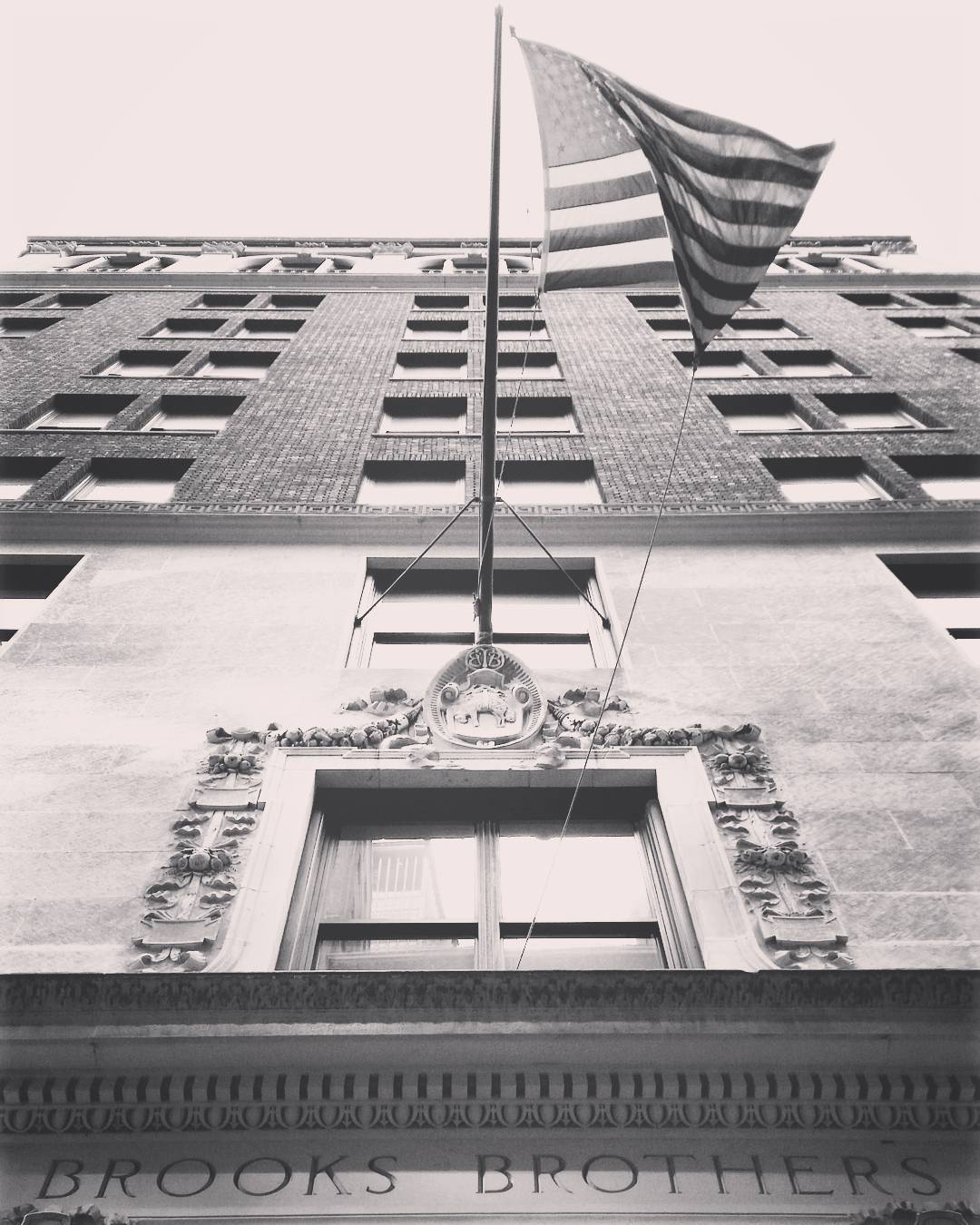
In the last few months, the fashion press has been abuzz about whether the coronavirus pandemic will sound the death knell for the suit. Over on Savile Row, bespoke tailoring houses are getting crushed by soaring rents and the lack of overseas orders. In the United States, three of the largest companies to declare bankruptcy this year — J. Crew, Brooks Brothers, and most recently Men’s Wearhouse — are known for their affordable tailoring. In her recently published New York Times Magazine article, Irina Aleksander wonders if Americans may have settled into sweatpants forever.
As most people only wear tailoring to the office, suit sales will likely be in a slump for a while. But for people who dress for pleasure, I imagine the suit and its accoutrements will remain relevant for some time. The fact is, it feels good to dress up. “Outside” clothes help divide the day into distinct periods, which is especially nice now that work-from-home culture threatens to make every activity feel the same. A few weeks ago, I got coffee with my friend Peter Zottolo outside of a cafe, where he told me that he and his wife still try to find occasions to dress up now and again. One day we’ll return to bars, restaurants, and perhaps even offices. And when we do, “nice” clothes will return.
The good news is that the tailored clothing market has never been better. Ten years ago, if you wanted a semi-affordable suit, your options were mostly limited to J. Crew, Brooks Brothers, and various haberdashers who worked with Southwick. You could shop second-hand, of course, but what you saved in money, you spent on time. Today, there are many more options at affordable prices, particularly for people who favor classic Italian style. If you’re looking to get a suit any time in the future, here are three places that I think are worth being on your shortlist.
Keep reading















